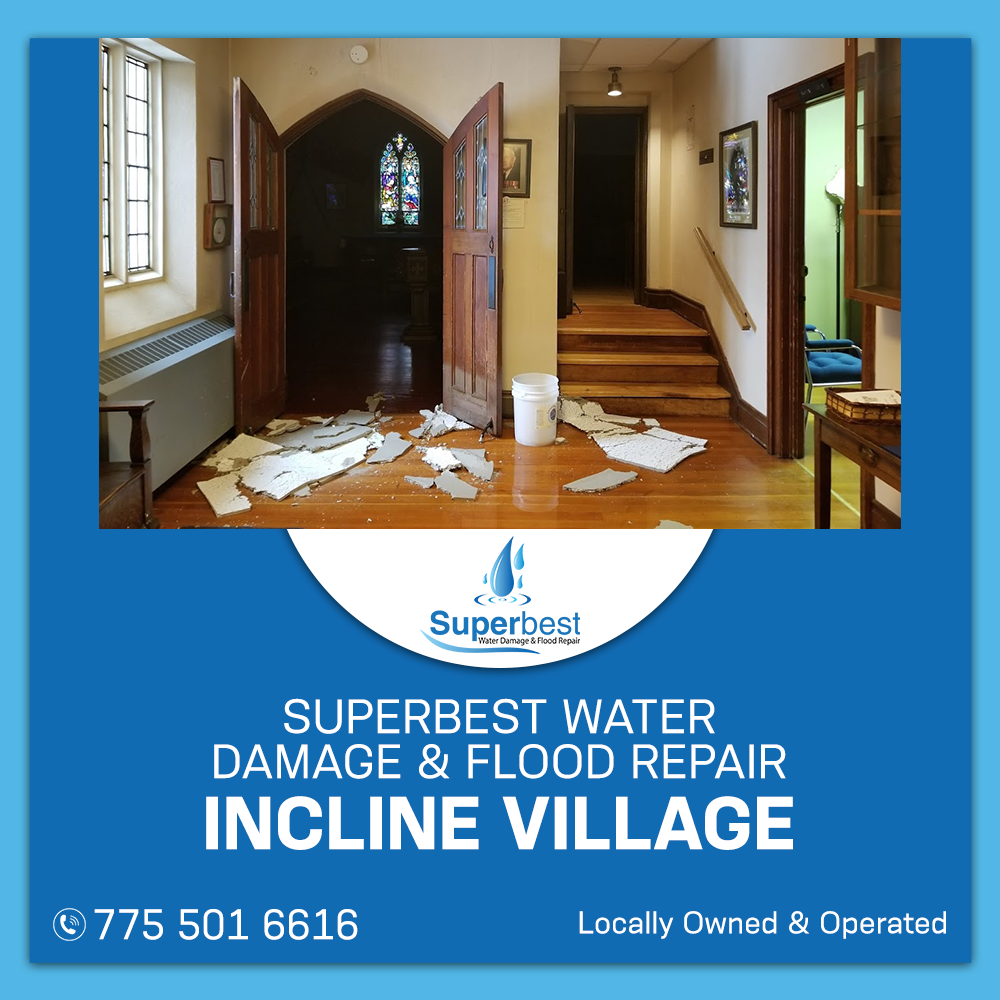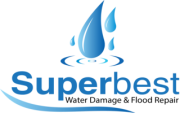 Flooding is a common and costly problem that can happen to any home.
Flooding is a common and costly problem that can happen to any home.
The most common types of indoor home flooding include:
- Leaking or burst pipes: This is the most common cause of home flooding. Various factors, including corrosion, freeze-thaw cycles, and improper installation, can cause leaking or burst pipes.
- Clogged drains: Clogged drains can cause water to back up and flood your home. Clogged drains can be caused by foreign objects, such as hair, food, grease, or sediment buildup.
- Overflowing appliances: Appliances like washing machines, dishwashers, and toilets can overflow if they are not properly maintained. Overflowing appliances can cause water to flood your home.
- Stormwater flooding: Stormwater flooding can occur when heavy rains cause sewers and storm drains to overflow. Stormwater flooding can happen even in areas not usually prone to flooding.
- Sewage backups: Sewage backups can occur when there is a clog in the sewer line. Sewage backups can contaminate your home and pose a health hazard.
Preventing Flooding
There are several things you can do to prevent flooding in your home, including:
- Have your pipes inspected and repaired regularly: This will help identify potential problems before they lead to a flood.
- Keep your drains clean and debris-free: This will help prevent clogs that can lead to flooding.
- Maintain your appliances properly: This will help to prevent them from overflowing.
- Install backwater valves on your sewer line: These valves can help to prevent sewage backups.
- Have a flood plan in place: This plan should include steps on how to prevent flooding, respond if flooding occurs, and recover from flooding.
What to Do If Your Home Floods
Suppose your home floods; acting quickly to minimize the damage is essential. Here are some steps you should take:
- Turn off the water supply to your home: This will help stop the flooding from worsening.
- Elevate furniture and appliances: This will help to prevent them from being damaged by the water.
- Dry out the affected areas as soon as possible: This will help to prevent mold and mildew growth.
- Call a professional water damage restoration company: These companies have the experience and equipment to properly dry out your home and restore it to its pre-flood condition.
Flooding can be devastating, but by taking steps to prevent it and knowing what to do if it does happen, you can protect your home and your belongings.

Our Services
We are a professional water damage restoration company that can help you recover from flooding. We have the experience and equipment to properly dry out your home and restore it to its pre-flood condition.
Our services include:
- Inspection: We will inspect your home to assess the damage and determine the best course of action for restoration.
- Dry out: We will use specialized equipment to dry out your home and remove all traces of moisture.
- Cleaning: We will disinfect all affected areas to prevent mold and mildew growth.
- Repair: We will repair any damage to your home, including damaged flooring, walls, and ceilings.
- Refinishing: We will refinish any damaged furniture or appliances.
We are committed to providing our customers with the highest quality of service. We are available 24/7 to respond to your flooding emergency and will work with your insurance company to make sure you are fully reimbursed for your losses.
If you have experienced flooding in your home, please get in touch with us today for a free consultation. We will help you get your home back to normal as quickly and affordably as possible.
- Leaking or burst pipes: This is the most common cause of home flooding. Leaking or burst pipes can be caused by a variety of factors, including:
- Corrosion: Pipes can corrode over time, which can lead to leaks.
- Freeze-thaw cycles: When water freezes inside a pipe, it expands and can cause the pipe to burst.
- Improper installation: Pipes that are not properly installed can be more likely to leak or burst.
- Clogged drains: Clogged drains can cause water to back up and flood your home. Clogged drains can be caused by:
- Foreign objects: Things like hair, food, and grease can all clog drains.
- Buildup of sediment: Over time, sediment can build up in drains and cause them to clog.
- Overflowing appliances: Appliances like washing machines, dishwashers, and toilets can overflow if they are not properly maintained. Overflowing appliances can cause water to flood your home.
- Stormwater flooding: Stormwater flooding can occur when heavy rains cause sewers and storm drains to overflow. Stormwater flooding can happen even in areas not usually prone to flooding.
- Sewage backups: Sewage backups can occur when there is a clog in the sewer line. Sewage backups can contaminate your home and pose a health hazard.
It is essential to take steps to prevent flooding in your home. Some things you can do include:
- Have your pipes inspected and repaired regularly.
- Keep your drains clean and free of debris.
- Maintain your appliances properly.
- Install backwater valves on your sewer line.
- Have a flood plan in place.
If your home floods, acting quickly to minimize the damage is essential. Some things you should do include:
- Turn off the water supply to your home.
- Elevate furniture and appliances.
- Dry out the affected areas as soon as possible.
- Call a professional water damage restoration company.
Flooding can be devastating, but by taking steps to prevent it and knowing what to do if it does happen, you can protect your home and your belongings.
Protect your property against Water Damage Incline Village! Visit Superbest Water Damage Incline Village now for expert solutions and preventive measures. Our dedicated team is ready to secure your home or business. Take action today to ensure a dry and protected future for your property.
